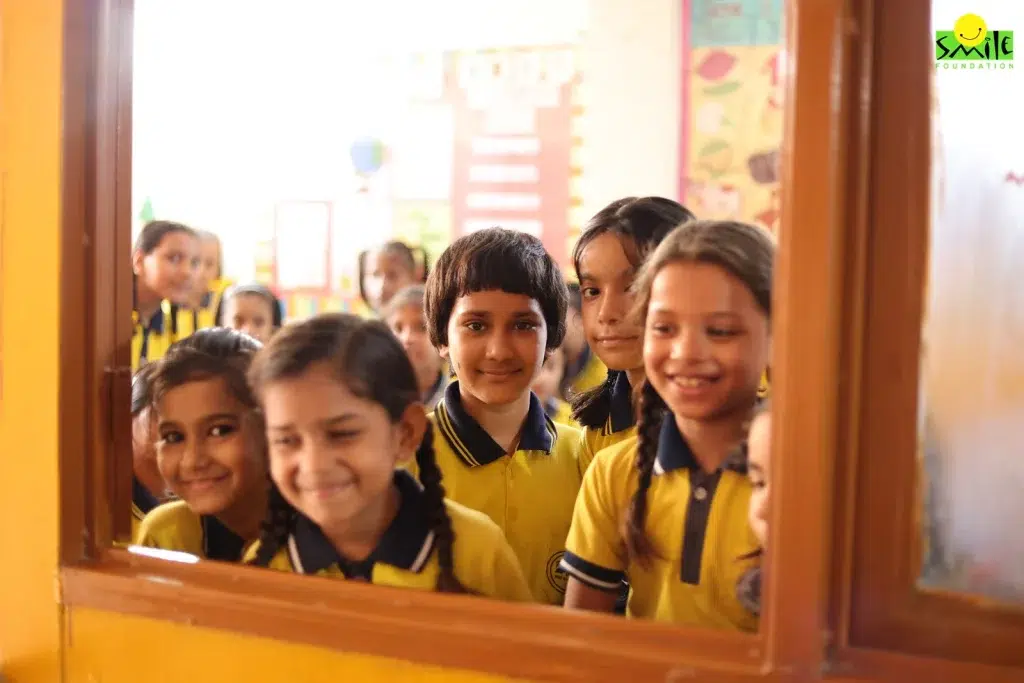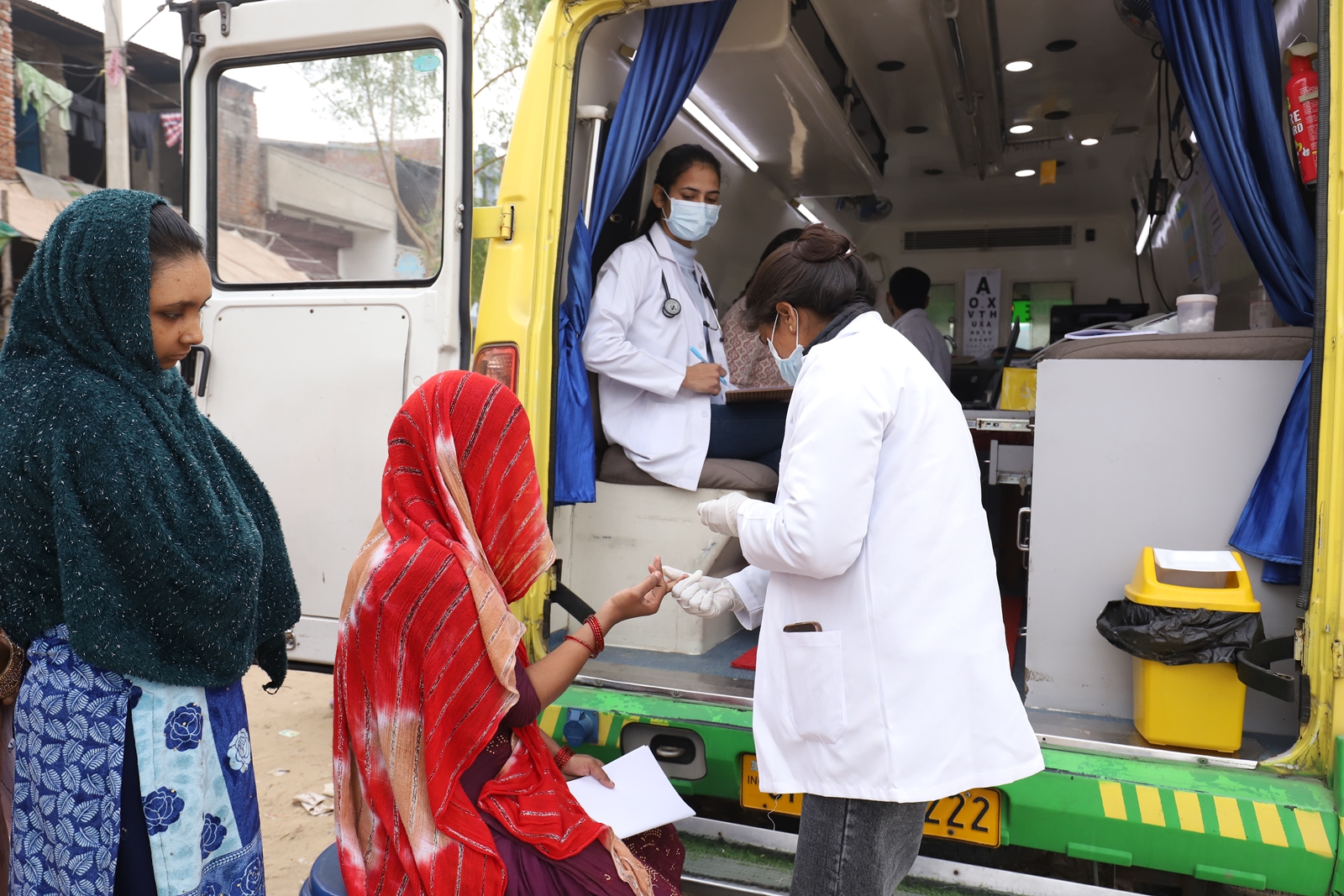Mental health is an essential pillar of our overall well-being, yet it has historically been overshadowed by physical health. It’s only in recent years that conversations around mental health have gained momentum, but these discussions often occur in cycles, spiking around awareness days and tragic news events before fading back into the background.
However, mental health isn’t a one-off topic; it deserves consistent, ongoing attention. Addressing mental health issues isn’t just about preventing crises but about enhancing quality of life for everyone. In both India and across the globe, the stigma, lack of resources and insufficient awareness around mental health continue to be major obstacles that hinder progress. Thus it is necessary to explore mental health as a sustained priority and the social, economic and cultural dynamics at play.
Mental Health on the Global Stage
Globally, mental health issues are a major cause of disability, affecting one in every eight people according to the World Health Organization (WHO). Mental health conditions cost the global economy over $1 trillion annually due to reduced productivity, absenteeism and high healthcare expenses. Anxiety and depression are among the most common disorders, affecting an estimated 264 million and 280 million people, respectively.
Unfortunately, the situation has worsened post-COVID-19, with reports showing a 25% increase in mental health disorders worldwide since the pandemic began. These numbers represent real lives impacted due to mental health struggles that go largely unaddressed in policy frameworks. While high-income countries fare somewhat better in terms of awareness and access to mental health services, low- and middle-income countries still struggle with limited infrastructure and funding.
The Indian Landscape
In India, the mental health crisis is equally alarming but is compounded by social stigma and inadequate resources. The National Mental Health Survey (NMHS) of 2016 estimated that around 15% of India’s adult population suffers from mental health disorders, which is a significant number considering the country’s vast population. However, only one in ten of those affected receives adequate treatment due to a severe shortage of mental health professionals. India has only 0.3 psychiatrists per 100,000 people, far below the WHO’s recommended minimum, catering to its population of 1.4 billion. The lack of specialised care and community support for mental health conditions leaves many sufferers in isolation, often unable to seek help.
Furthermore, stigma significantly hinders access to mental health services, especially in rural areas where mental illness is often linked to shame, family dishonour or supernatural beliefs. The fear of social ostracism keeps many from recognising their struggles. Addressing this requires targeted interventions to improve mental health literacy across India, focusing on community-based programmes to reduce stigma effectively.
The Role of Policy
On a policy level, both India and the global community have taken steps to address mental health, though much remains to be done. India’s Mental Healthcare Act of 2017 was hailed as progressive, granting people the right to access mental healthcare and banning the inhumane practice of chaining and shackling mentally ill individuals. However, implementing this law has proven challenging due to limited resources and an insufficient mental healthcare infrastructure.
The WHO has championed a global Mental Health Action Plan aligning with the Sustainable Development Goal (SDG) 3.4 which aims to promote mental health and integrate healthcare services, but adoption rates vary across countries. The slow pace of implementation is concerning, as untreated mental health issues impact individuals, families, public health, safety and economic productivity. Addressing this requires systemic changes that ensure accessible, affordable and non-discriminatory mental healthcare.
Socioeconomic Determinants and Cultural Context
Socioeconomic factors like unemployment, poverty, lack of education and discrimination all drive the mental health crisis. Mental health disorders occur 2-3 times more frequently among those living in poverty. In India, where over 68% survive on less than $2 a day, financial stress worsens mental health issues. Low-income groups face heightened vulnerability due to survival stress, limited healthcare access and marginalisation, highlighting the need for a social justice perspective. Addressing these root causes is essential for improving mental health outcomes.
Culture also influences how mental health is perceived and managed. In many countries, including India, mental health issues are often downplayed or dismissed entirely. Mental illness is frequently perceived as a weakness or personal failing rather than a legitimate health condition. This cultural barrier deters individuals from seeking help and compounds their struggles in silence. A collective cultural shift that normalises mental health challenges is essential to foster openness and encourage timely intervention.
Prioritising Mental Health Education and Awareness
Raising awareness and understanding of mental health support is a crucial step towards long-term change. Educational campaigns that destigmatise mental illness, increase literacy about mental health conditions and promote empathy can go a long way in reshaping societal perceptions. In addition, school-based programmes that teach children and adolescents about mental health as well as workplace support, like stress management workshops and mental health days can help address the issue, benefiting society as a whole.
Digital mental health solutions, like mobile apps, helplines and tele-psychiatry, are expanding access to care, especially in resource-scarce areas like India. Globally, telehealth platforms like BetterHelp and Talkspace have expanded mental health services to people who might otherwise lack access. However, digital solutions have their limitations. They cannot replace in-person care or reach populations in rural areas with limited internet access or digital literacy. Digital interventions must therefore be part of a comprehensive mental health strategy, rather than a standalone solution.
Smile Foundation and Mental Health Support
Mental health cannot be a focus solely on designated awareness days or moments of crisis. It requires a year-round, systemic commitment from policymakers, communities and individuals alike. Across the globe, the barriers of stigma, insufficient resources and socioeconomic inequality must be dismantled to create an inclusive mental health landscape. By prioritising mental health on par with physical health, we can enable every individual to lead a fulfilling, productive life.
Smile Foundation, through its Mission Education initiative, is making mental health an integral part of holistic child development by conducting regular sessions on emotional well-being for children across its learning centers. Recognising that mental health isn’t a one-time conversation but a continuous necessity, these sessions provide children with coping tools, encourage open discussions about feelings and create a supportive environment. This approach helps children navigate their emotional landscapes from an early age, laying a strong foundation for mental resilience.
In addition to raising awareness, the initiative also aims to break down the stigma often associated with mental health in underserved communities. Through interactive sessions led by trained educators, children are encouraged to voice their experiences, helping them understand that seeking support is a strength, not a weakness. The Mission Education programme, supported by Smile Foundation, stands as a crucial step toward a future where mental well-being support is a sustained priority, empowering children to grow with confidence and emotional strength.









